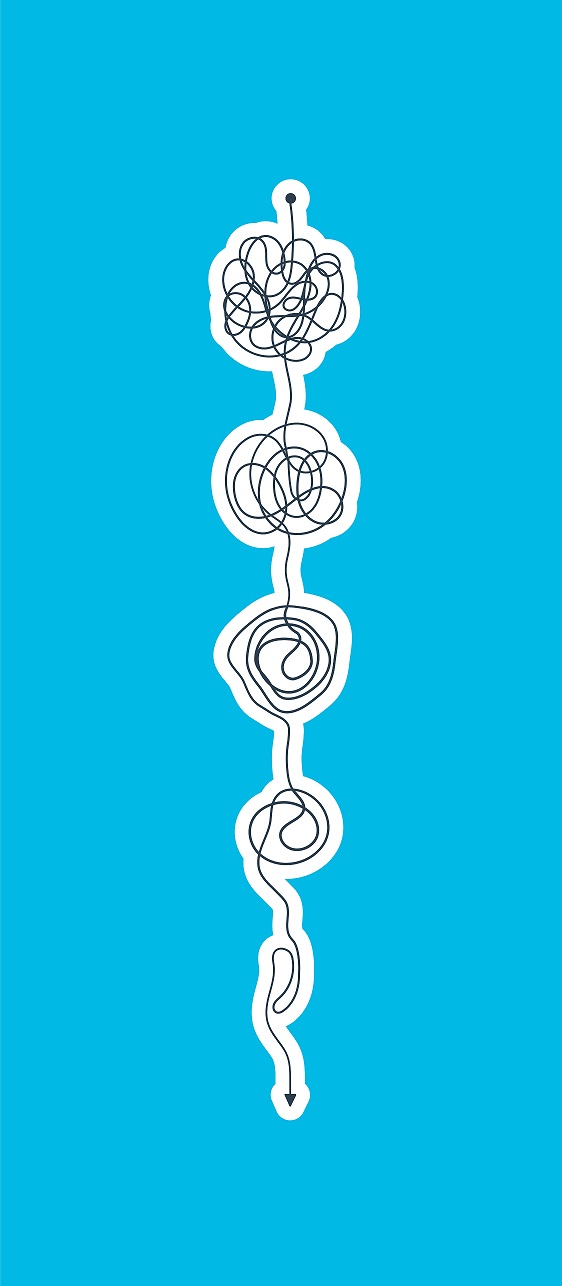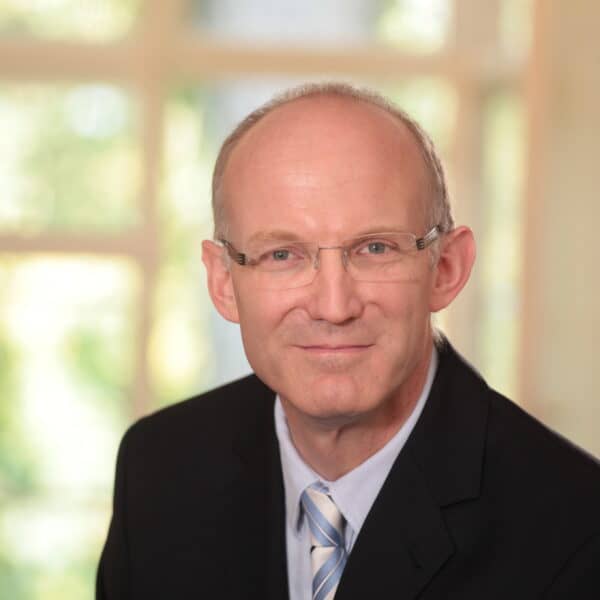
The short answer is no, because the term reflects a subjective evaluation. Everyone first decides for themselves what is beyond their horizon of knowledge. The approach of inferring general ignorance from one’s own is undiplomatic.

Defining complexity is complicated
Fields of science, be it mathematics, physics, biology or chemistry, have been struggling for decades to present a precise definition. Regardless of these fields, other definitions of the term, such as “system complexity” are given in literature.
Using the adjective only makes sense in very few cases
The first part of the solution consists of our understanding of processes and their performance. The second part of the solution lies in personal communication. It establishes trust. Anyone who uses the word complexity has to put up with the question: “What are you actually talking about? What do you actually mean?” Don’t use the word if you mean “complicated.” What is complex for me may be simple or complicated for others and vice versa.
Complexity is not our destiny
Just because the path in search of the truth is paved with errors and disappointments, does not mean that you should give up searching.
Texts are never created alone on their own. Your own thoughts are always the result of external stimulation.
The following authors inspire me and accompany me on my path to insight: Tom DeMarco, Peter Drucker, Ulrike Herrmann, Gerald Hüther, Daniel T. Jones, Stefan Kühl, Rupert Lay, Jeffrey K. Liker, Michael Löhner, Fredmund Malik, Hans A. Pestalozzi, Richard D. Precht, Marshall B. Rosenberg, Mike Rother, Friedemann Schulz von Thun, Reinhard Sprenger, Frederic Vester, Harald Welzer and James P. Womack.
more from Frank Krause

Leadership provides orientation especially when the facts are missing
Leadership provides orientation especially when the facts are missing. Leaders make decisions – mostly based on facts. Those who do not make decisions do not provide orientation. What type of cometence enables us to act? What are we obliged to do if no facts are available?
Read more
Why does leadership fail?
Contradictory demands are being placed on managers. And on the extreme end, they are told that leadership will be of little importance in the future world of work anyway. But before we rashly deny the necessity of leadership, let’s first ask ourselves: What causes leadership to fail?
Read more
How do I deal with conflicting demands on leadership? (Part 2)
The short answer is that there can be no general answer to this question as you need to balance interests to resolve conflicting requirements. For situations that are not so extreme, this consideration depends on too many parameters and no general formula can be applied to all situations. There is no static pattern for leadership behavior – which is what makes successful leadership so difficult to learn. It is much more important to face contradictions and accept them, otherwise any attempt to resolve them is doomed to fail.
Read more

